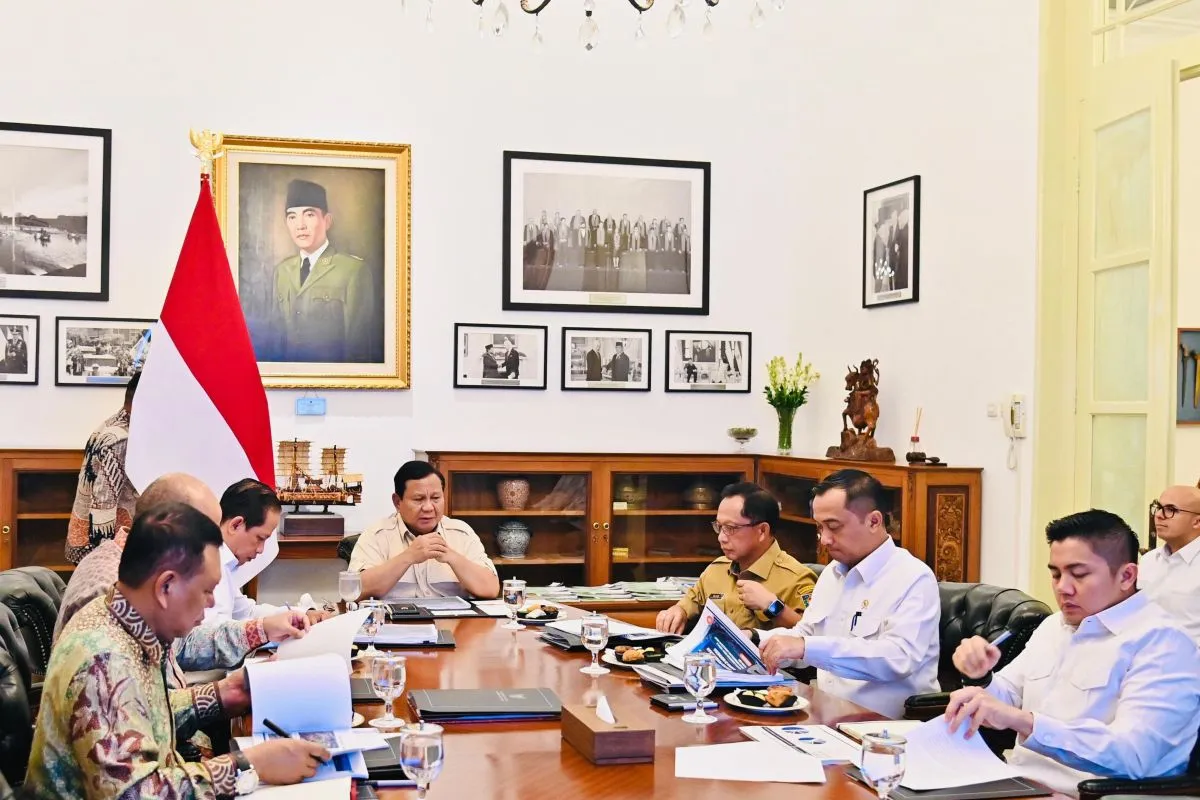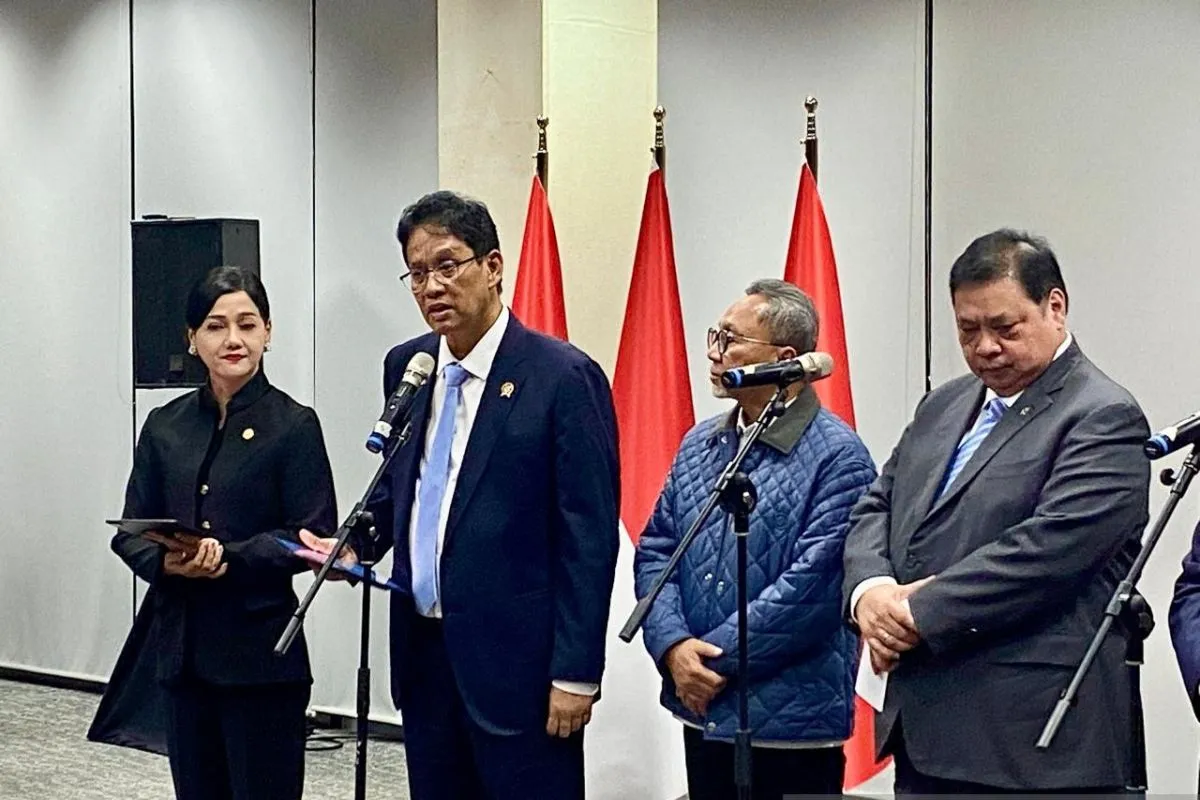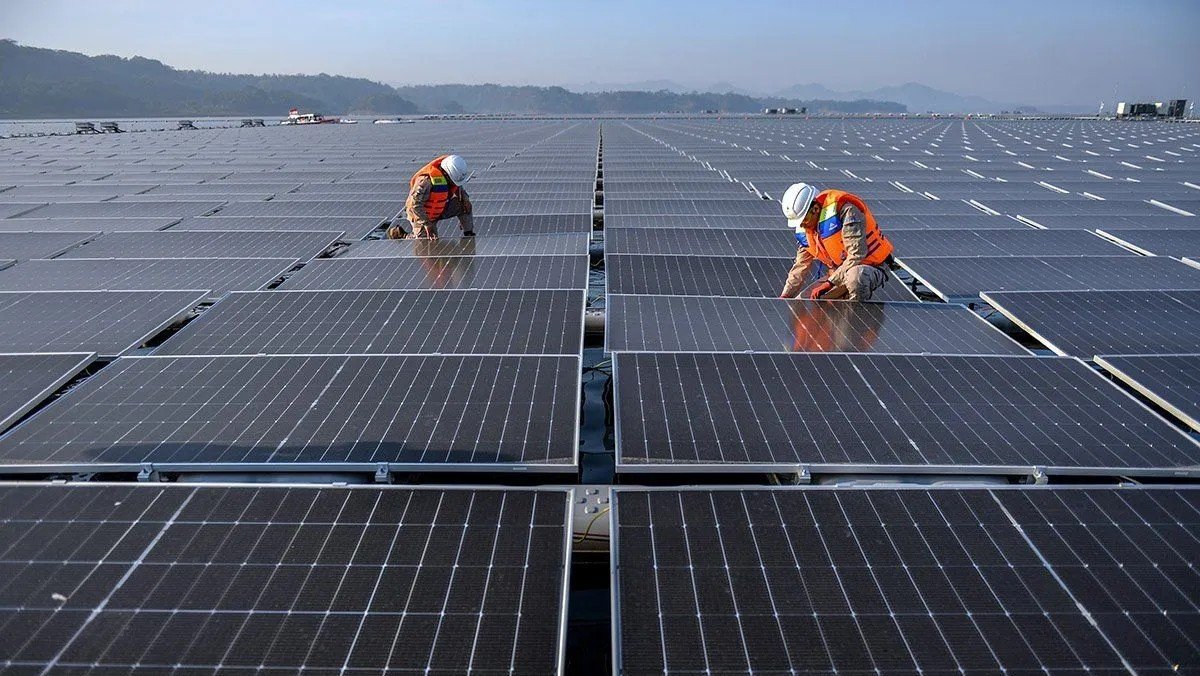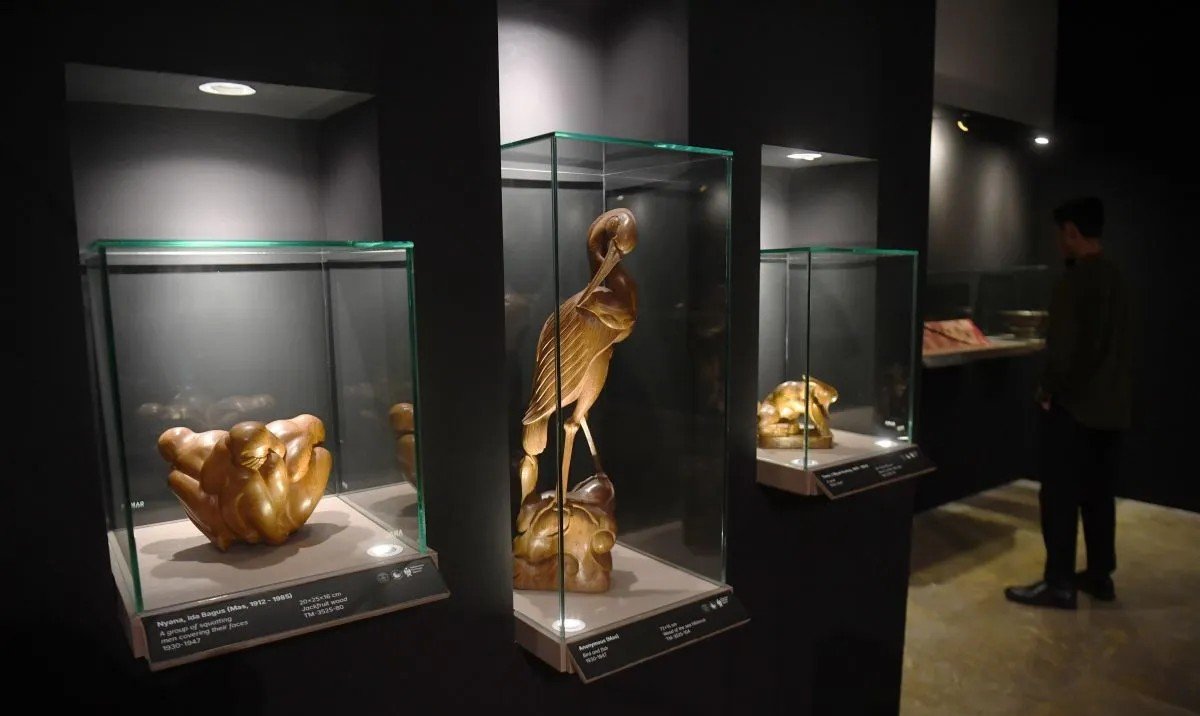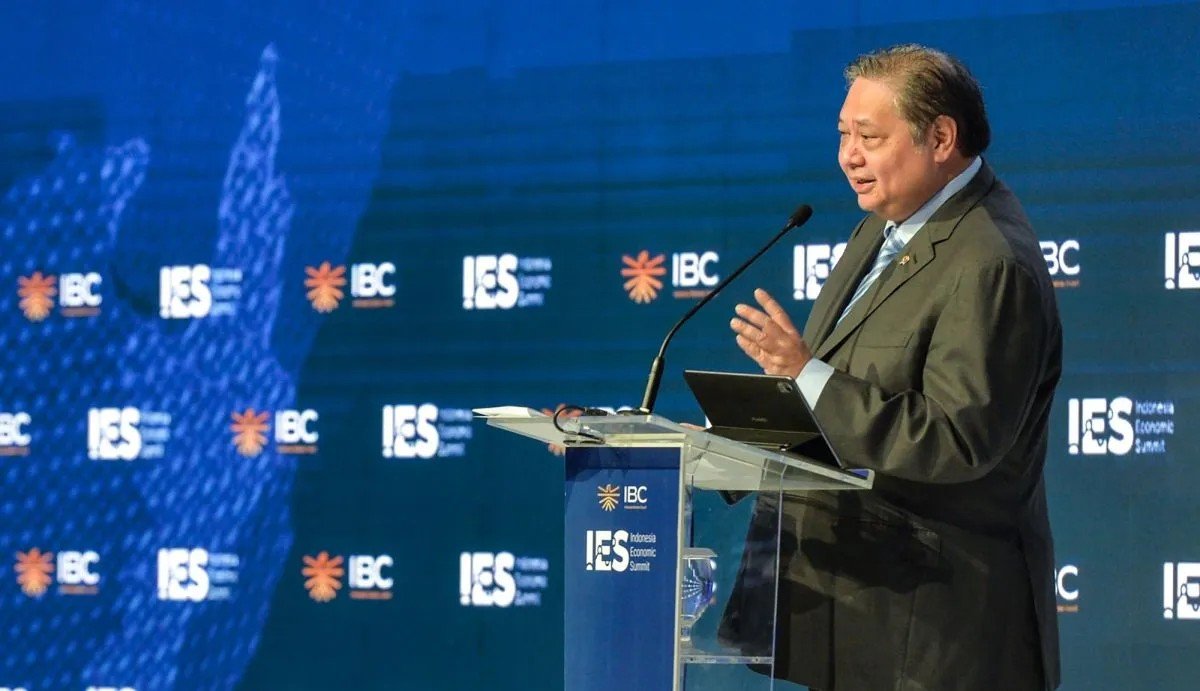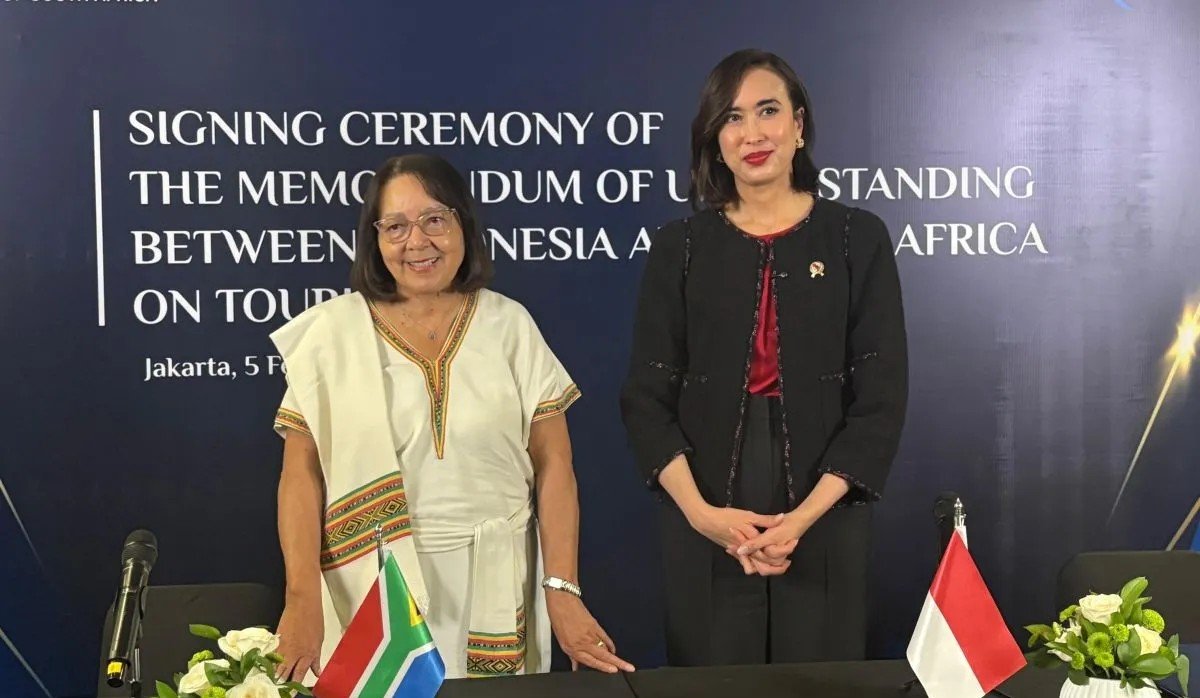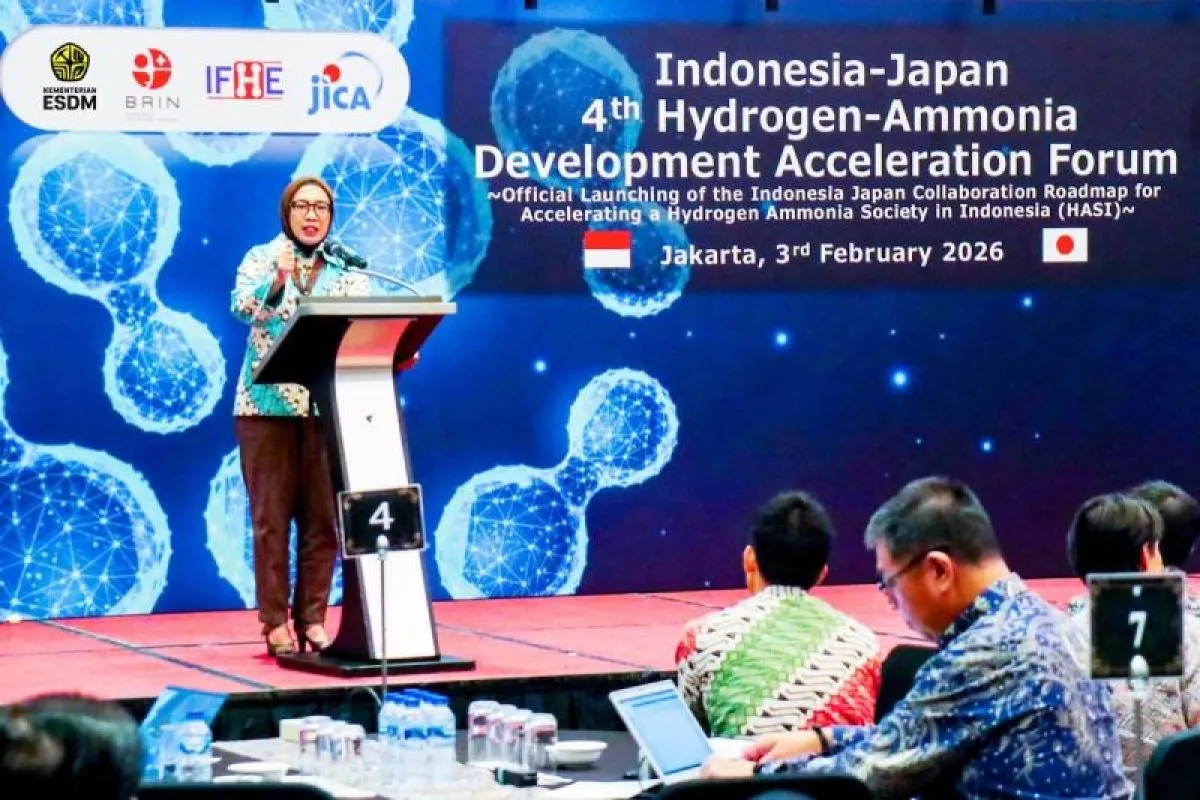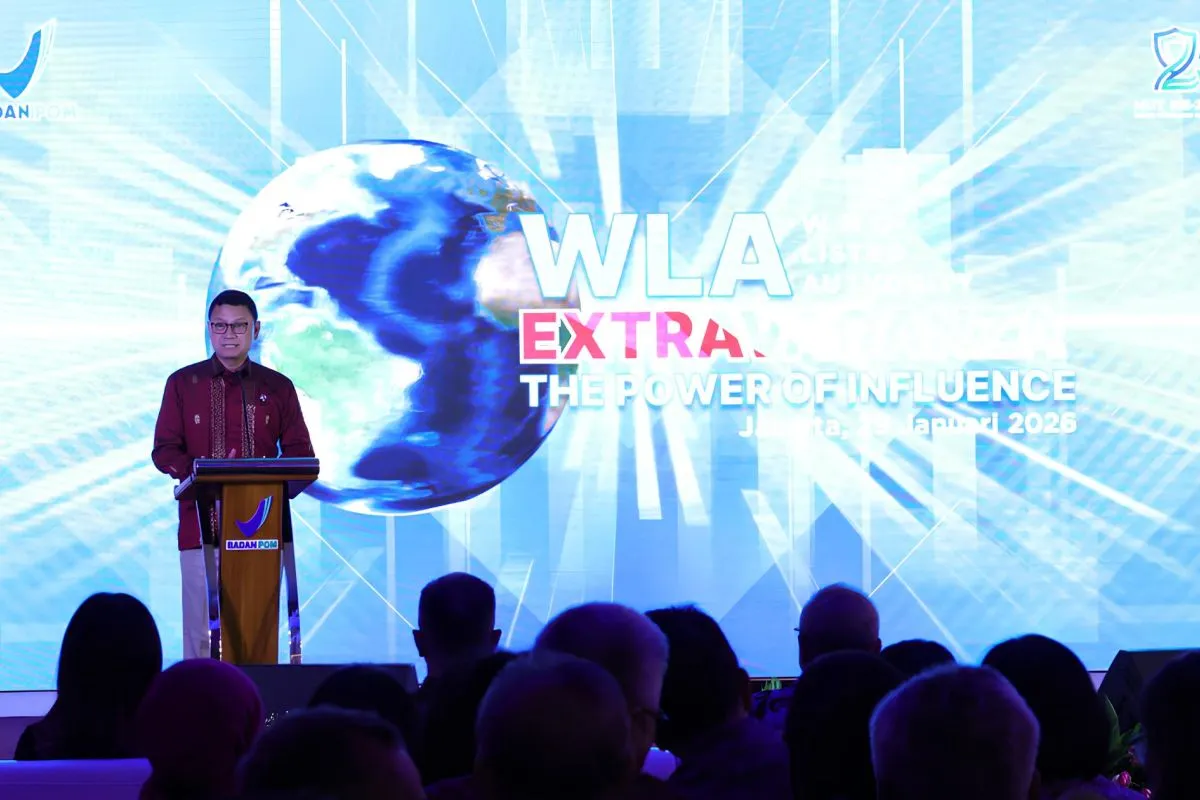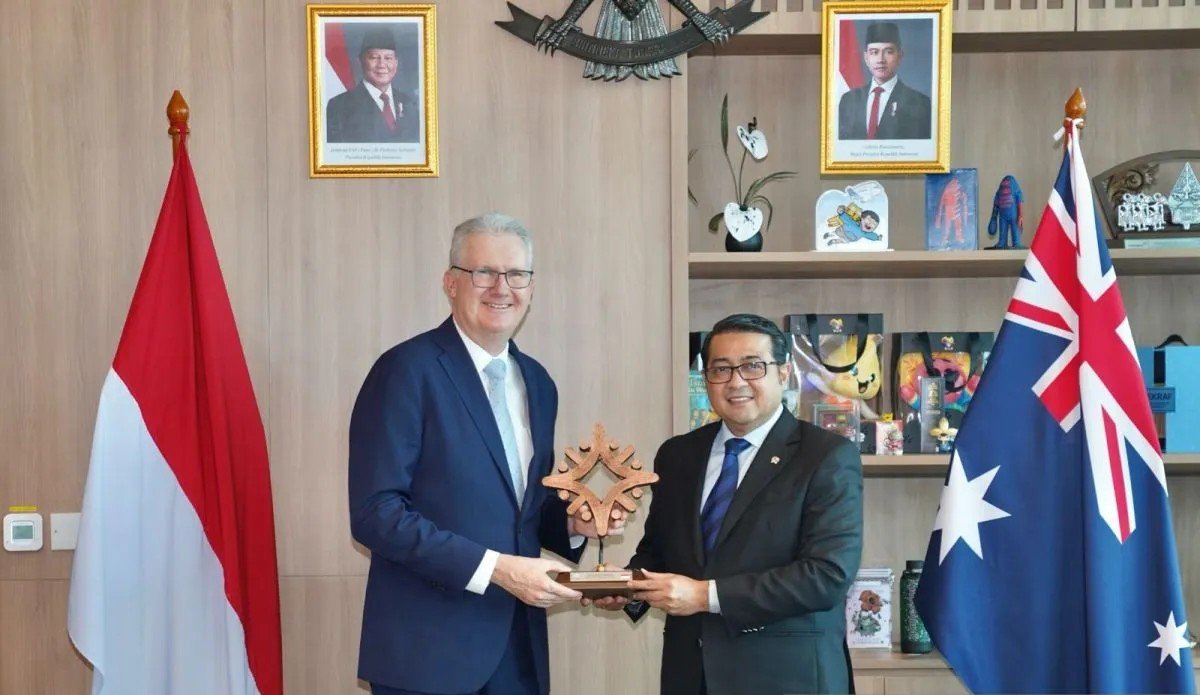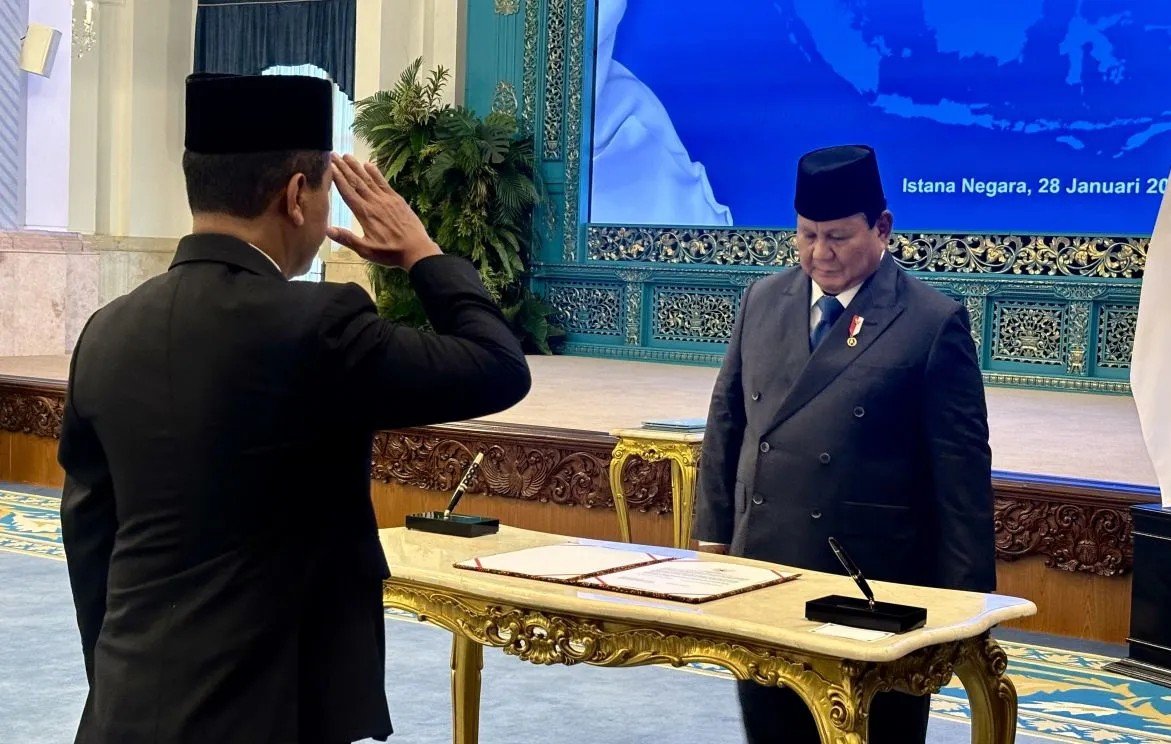Jakarta, June 11, 2025 – The Europe Today: President of Indonesia Prabowo Subianto has set an ambitious target to comprehensively resolve the country’s waste management issue by 2029, as outlined in the upcoming National Medium-Term Development Plan (RPJMN) for 2025–2029.
Following a limited cabinet meeting on Tuesday, Minister of Environment and Forestry Hanif Faisol Nurofiq confirmed that the President has tasked key ministries and institutions to accelerate progress. Specifically, Minister of Home Affairs Tito Karnavian and Head of the Indonesia Investment Authority (Danantara) Rosan Perkasa Roeslani have been instructed to coordinate efforts with regional governments to achieve this national goal.
“In the RPJMN 2025–2029, President Prabowo set a target for resolving the waste management issue by 2029. We have developed comprehensive strategies through multiple approaches,” Nurofiq told reporters.
The minister elaborated that the government is adopting both upstream and downstream strategies. Upstream measures include promoting waste reduction at the source through the “reduce, reuse, recycle” (TPS-3R) approach, as well as developing integrated waste processing facilities (TPST). Downstream strategies involve transforming waste into energy via waste-to-energy (WTE) and refuse-derived fuel (RDF) technologies.
To support these efforts, President Prabowo also emphasized the importance of collaboration with local governments, in accordance with Law No. 18 of 2008 on Waste Management, which designates regional authorities as key stakeholders in the waste management process.
Minister Tito Karnavian confirmed that the government has identified 33 landfill sites (TPA) as suitable locations for WTE projects. “We are preparing to use waste-to-energy mechanisms. Danantara will be instrumental in implementing these projects,” he stated.
Head of Danantara Rosan Perkasa Roeslani expressed readiness to invest in regional waste-to-energy initiatives and confirmed that Danantara will actively invite private sector participation to support project financing and execution.
Earlier this year, Minister Nurofiq highlighted the importance of starting from the source by reducing waste generation at the community level and in commercial zones such as markets, housing complexes, universities, restaurants, and hotels. He also stressed the need for improved waste sorting and stronger implementation of the Extended Producer Responsibility (EPR) scheme to increase industrial absorption of recyclable materials like plastics and cardboard.
The comprehensive strategy reflects the government’s resolve to tackle one of Indonesia’s most pressing environmental challenges while positioning the country for a more sustainable and circular waste management system.
